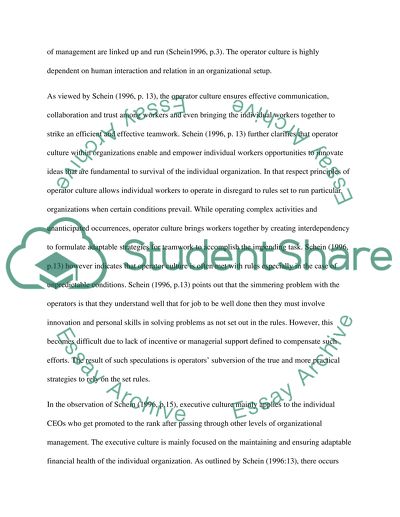Cite this document
(“Schein's Three Cultures of Management and Kouzes and Mico's Domain Essay”, n.d.)
Schein's Three Cultures of Management and Kouzes and Mico's Domain Essay. Retrieved from https://studentshare.org/education/1446340-compare-and-contrast
Schein's Three Cultures of Management and Kouzes and Mico's Domain Essay. Retrieved from https://studentshare.org/education/1446340-compare-and-contrast
(Schein's Three Cultures of Management and Kouzes and Mico'S Domain Essay)
Schein's Three Cultures of Management and Kouzes and Mico'S Domain Essay. https://studentshare.org/education/1446340-compare-and-contrast.
Schein's Three Cultures of Management and Kouzes and Mico'S Domain Essay. https://studentshare.org/education/1446340-compare-and-contrast.
“Schein's Three Cultures of Management and Kouzes and Mico'S Domain Essay”, n.d. https://studentshare.org/education/1446340-compare-and-contrast.


